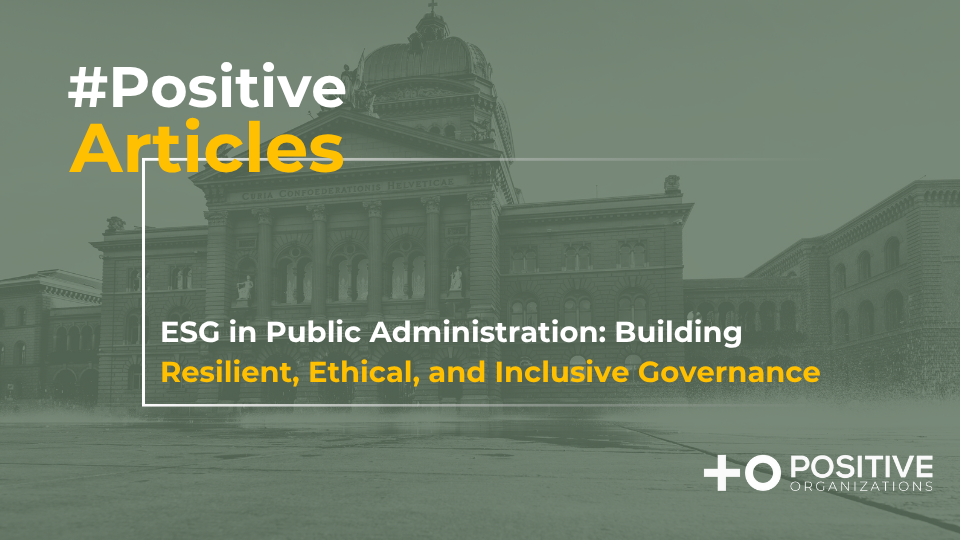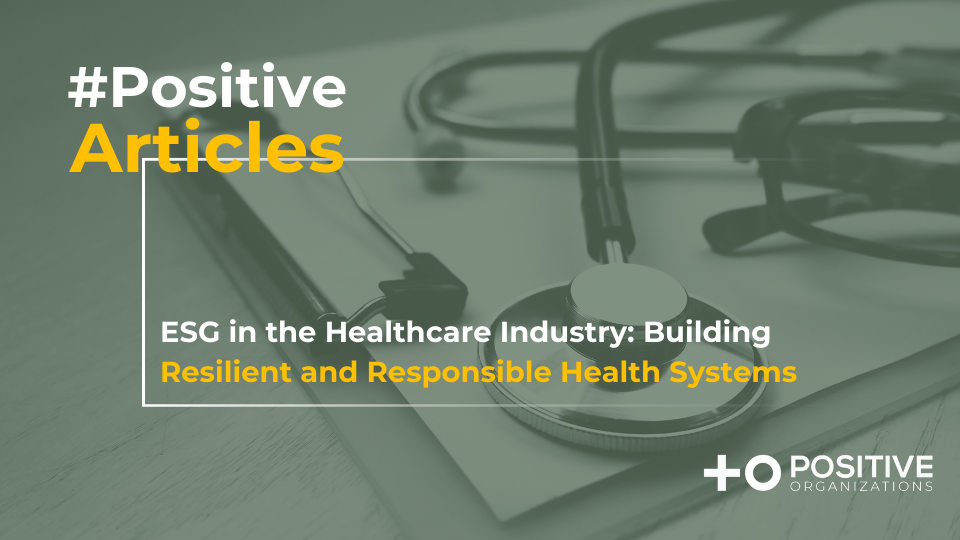.png)
.png)
In recent years, sustainability has shiftedfrom a corporate buzzword to a critical benchmark for businesses. As companies increasingly embrace environmental, social, and governance (ESG) principles, they aim to meet stakeholder expectations, contribute positively to the planet, and strengthen their market positions. However, this growing emphasis onsustainability has also given rise to a dangerous pitfall: greenwashing.
Greenwashing is a costly mistake—legally, reputationally, and ethically. It occurs when a company misleads consumers, stakeholders, or the public into believing its products, services, or practices are more environmentally friendly than they actually are. This can take many forms, from exaggerated claims about a product’s green benefits to vague orunsubstantiated statements about sustainability initiatives.
Examples of greenwashing include marketing campaigns that emphasize eco-friendly messaging without providing credible evidence to back their claims. Companies might also use non-certified labels or logos that suggest environmental compliance, misleading consumers intobelieving their products meet rigorous sustainability standards. Another common tactic is highlighting a single “green” feature of a product—such as recyclable packaging—while ignoring its broader negative impacts, like energy-intensive production processes or significant carbon emissions. These practices create a false perception of sustainability and undermine genuine environmental efforts.
Besides the ethical aspects of greenwashing, there are many risks to greenwashing. In many jurisdictions, greenwashing is not just unethical—it’s illegal. Regulatory bodies such as the Federal TradeCommission (FTC) in the U.S. and the European Union’s Green Claims Directive have strict rules regarding environmental advertising. Companies found guiltyof misleading claims face hefty fines, legal actions, and mandatorycorrections.
For instance, high-profile lawsuits havetargeted major corporations for overstating their sustainability practices,resulting in costly penalties and public embarrassment. With consumers andwatchdogs becoming increasingly vigilant, the legal stakes of greenwashing arehigher than ever. On the other hand, trust is the cornerstone of brand loyalty, and greenwashing erodes that trust. When customers discover that a company has misrepresented its environmental efforts, the backlash can be swift and severe. Social media amplifies these reputational risks, with negative stories going viral almost instantly. Moreover, greenwashing can alienate employees and investors who value genuine sustainability efforts, leading to lost talent, diminished morale, and reduced funding opportunities. In today’stransparency-driven world, a damaged reputation can take years to rebuild.
Avoiding greenwashing is not just about compliance; it’s about embedding authenticity and accountability into your sustainability journey. This is where we can become an invaluable partner; at Positive Organizations, we are committed to helping companies navigate the complexities of sustainability with integrity and effectiveness. Here’s how we ensure your sustainability journey is not only genuine but also impactful:
1. Building a Robust ESG Framework
We collaborate with your team to develop a comprehensive ESG strategy tailored to your industry, operations, and goals. By identifying the ESG issues most relevant to your business and stakeholders, we craft actionable plans that align with regulatory standards and global best practices. This ensures your sustainability efforts are deeply rooted inreality, steering clear of superficial marketing claims. For example, The European Taxonomy for Sustainable Activities was specifically created to provide a regulated framework that guides investments towards projects and companies that are genuinely sustainable. It establishes clear, science-based criteria that help organizations determine whether their activities can be classified as environmentally sustainable. In essence, the Taxonomy offers companies greenwashing-proof guidelines, ensuring that only those who meet rigorous sustainability standards can rightfully label themselves as “sustainable.” By adhering to these criteria, businesses can enhance transparency, build stakeholder trust, and confidently navigate the evolving landscape of sustainable finance and regulation.
2. Ensuring Data Transparency andVerification
One of the primary culprits of greenwashing is unreliable or incomplete data. We help you collect, analyze, and report your environmental and social metrics with the utmost integrity. Leveraging cutting-edge tools and technologies, we provide transparent and verifiable insights into your sustainability performance. These data-driven approaches make your claims credible and trustworthy.
3. Navigating Regulatory Compliance
The landscape of environmental regulationscan be intricate and ever-changing. We stay ahead of the curve on legal requirements and industry standards, guiding you in crafting marketing materials, product labels, and sustainability reports that not only comply with regulations but also resonate authentically with stakeholders.
4. Choosing Credible Certifications
In today’s market, there are hundreds of product and organizational certifications claiming to validate sustainability efforts. Unfortunately, many of these certifications are superficial, unregulated, or lack the rigor necessary to be truly credible. While companies may select these certifications without malicious intent, the risk of inadvertently participating in greenwashing remains high.
Recognizing which certifications are trustworthy is not always straightforward. Only a small minority of certifications are globally recognized and respected for their stringent standards—such as B Corp Certification, LEED, or ISO 14001. Identifying and pursuing these credible certifications often requires expert guidance. Our team of consultants specializes in navigating this complex landscape, ensuring your sustainability claims are backed by certifications that stand up to scrutiny from regulators, investors,and consumers alike, and that are relevant for your industry.
5. Engaging and Training Your Employees
Your employees are the heart of your sustainability mission. We offer workshops and training programs designed to educate your teams about the risks of greenwashing and the value of ethical communication. By fostering awareness and engagement, we empower your workforce to champion sustainability from within, embedding authenticity into every aspect of your operations.
6. Transparent Stakeholder Communication
Clear and honest communication is essential to building trust and avoiding greenwashing. We work with you to craft compelling narratives that transparently showcase your sustainability initiatives. By demonstrating your genuine commitment to progress, we help you build lasting connections with customers, investors, and other stakeholders.
At Positive Organizations, our goal is to ensure your sustainability journey is authentic, impactful, and aligned with your values. Together, we can build a future where your company stands as aleader in responsibility and innovation.
Start Your
Journey Today









.png)





